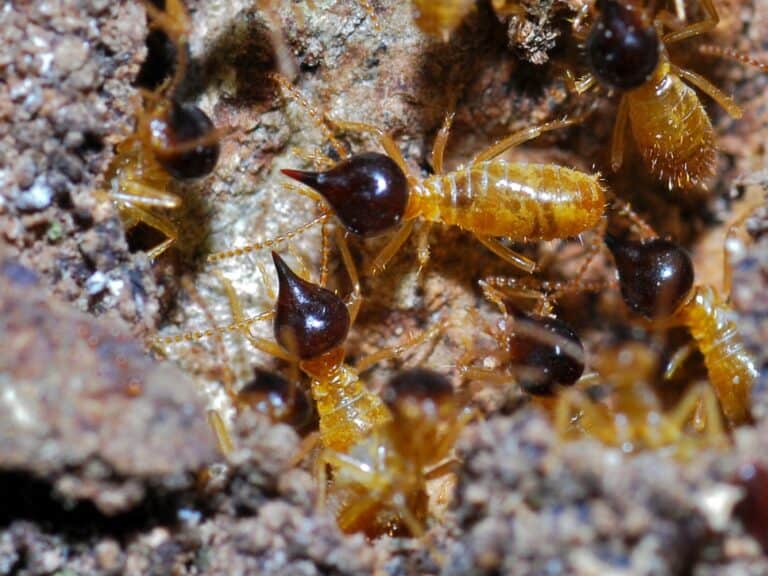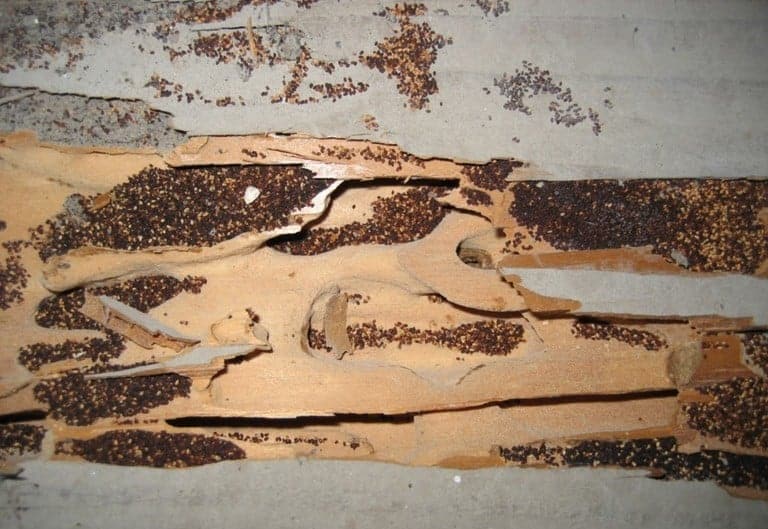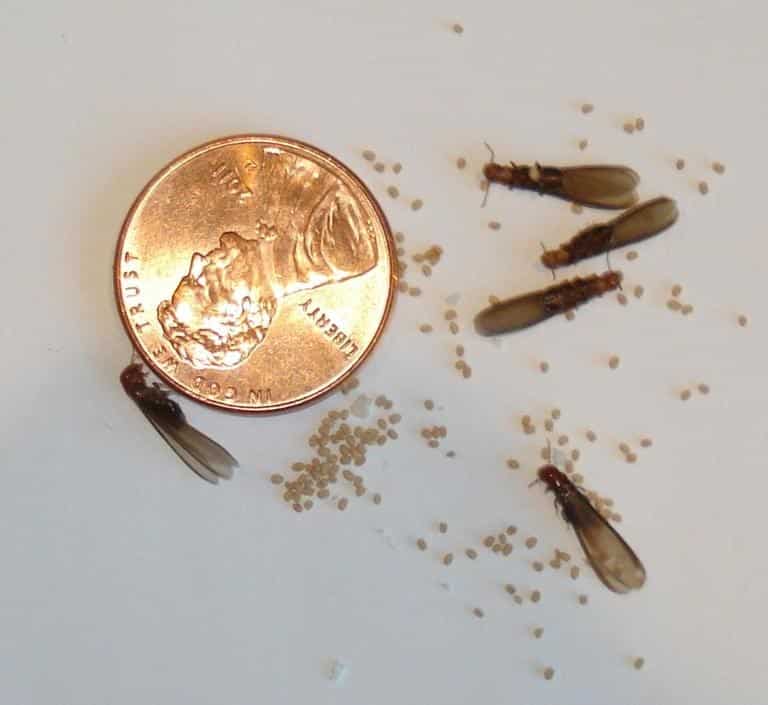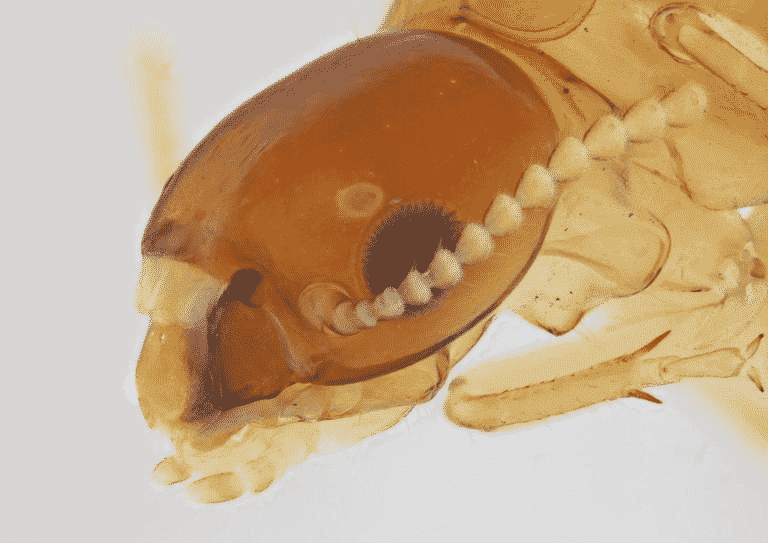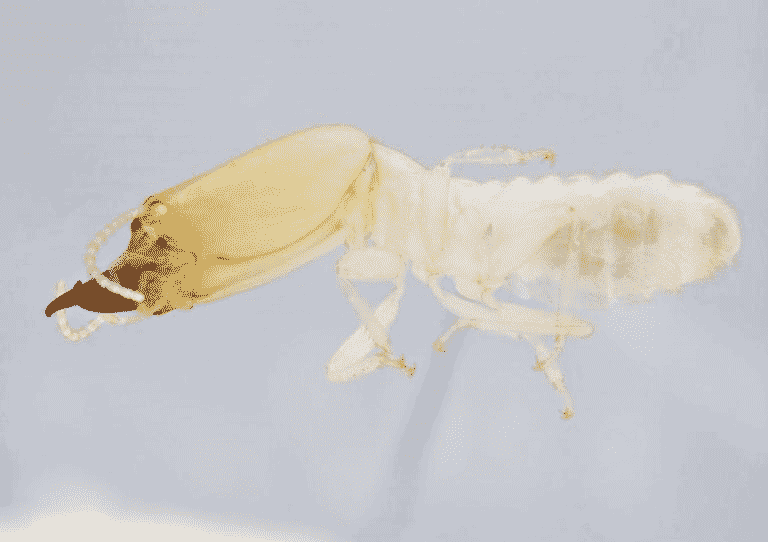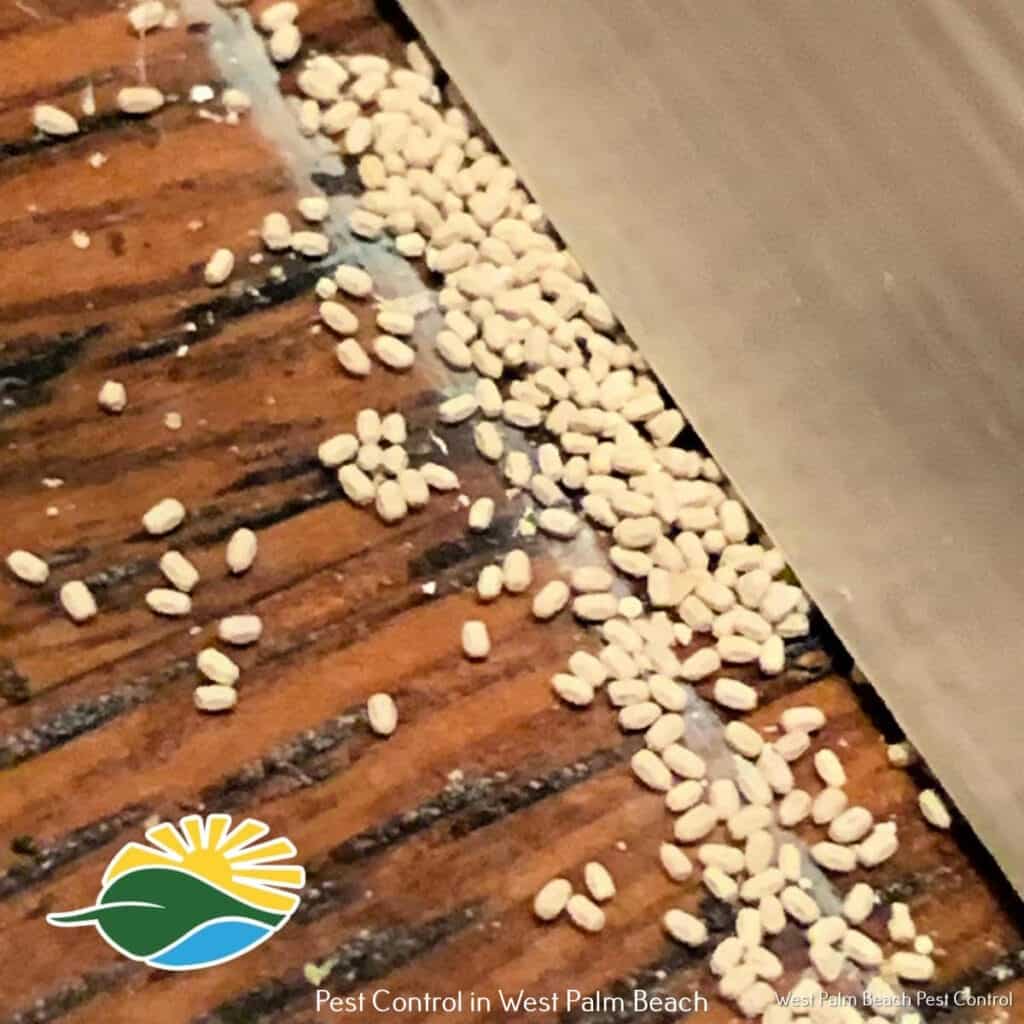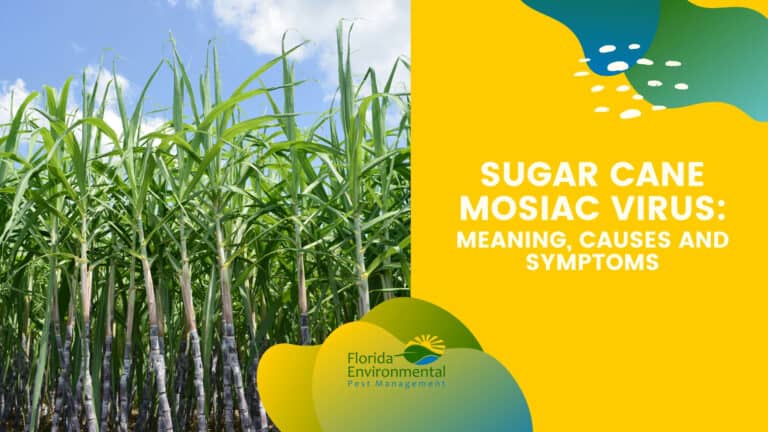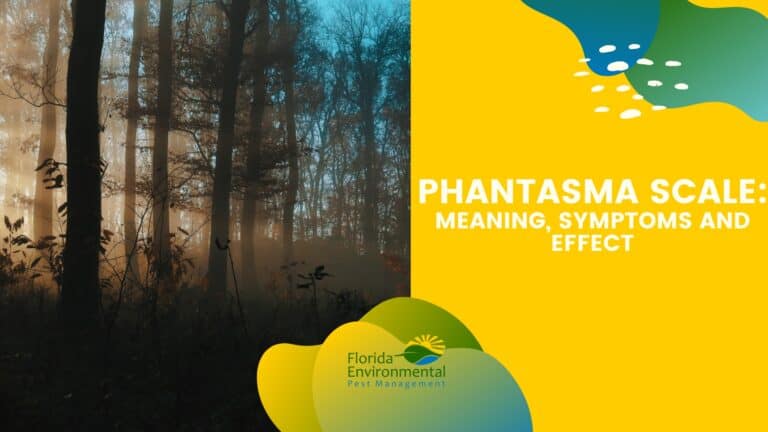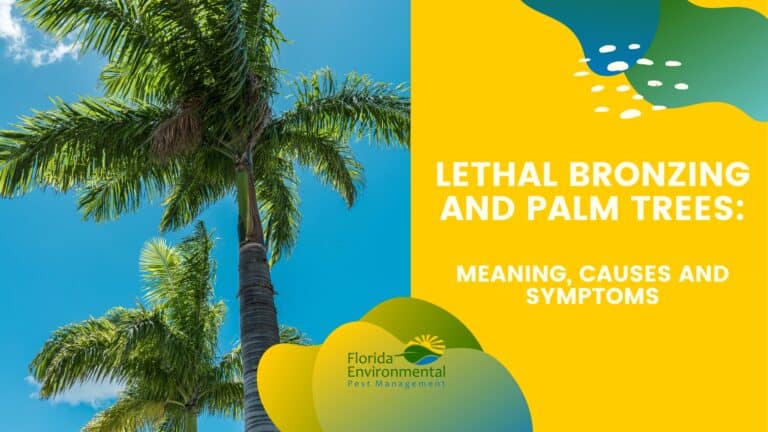Sri Lanka Weevil Information
Information
The Sri Lanka weevil (Myllocerus undecimpustulatus undatus) is a weevil native to Sri Lanka, which is where it gets its name. It is a small beetle that is typically dark brown or black in color and measures around 8 mm in length.
The weevil is known to feed on various species of palms. This includes coconut and oil palms, causing significant damage to crops. Adult weevils feed on the leaves, while the larvae feed on the developing fruits and nuts. The weevil can cause significant damage to palm trees. This leads to reduced growth, fruit production, and even tree death.
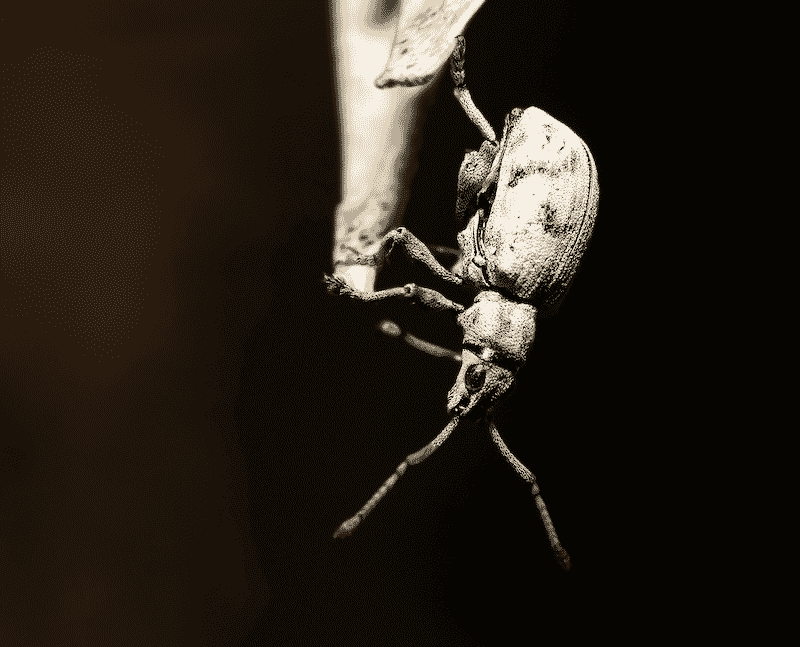
Appearance:
The Sri Lanka Weevil is small, approximately ¼” in length. They have a thin thorax, long antennae, large eyes, a light-yellow head, and spur-like sections along their back legs. The main part of their body is white, with a few dark markings along their backs. They are also sometimes referred to as the Exotic Weevil.
Location and Behavior Patterns:
This type of weevil can be challenging to get rid of, and their population has grown in recent times, especially throughout southern Florida. They don’t have natural enemies in this territory, so they have been able to flourish. The Sri Lanka Weevil will feed on a vast array of plants. The females lay their eggs around the base of a host plant, underneath soft soil, and when the eggs hatch, the young will feed on the host plant, as well. A sign of an infestation from this weevil can be seen by leaves that are chewed up, and plants and Grassy weeds that are being basically destroyed.
Treatment:
Insecticides do seem to work on treating the Sri Lanka Weevil; however, it is much more difficult to treat the eggs, due to their hidden location. Persistence and repeated treatments may be needed, in order to rid your affected plants of this Sri Lanka Weevil.
Control Methods
Several methods can be used to control and kill Sri Lanka weevils. These include:
- Chemical pesticides: Chemical pesticides such as carbamate, organophosphate, and pyrethroid can be used to control weevils. These pesticides should be applied according to the label instructions and with the appropriate safety precautions.
- Biological control: Biological control methods include the use of parasitic wasps and predators such as ladybugs to control the weevil population. These methods can effectively reduce the weevil population and limit crop damage.
- Cultural control: Cultural control methods include maintaining good sanitation practices in the palm groves and removing infested plants or fruits. This can help to reduce the weevil population and prevent the spread of the infestation.
- Integrated pest management (IPM) approach: An IPM approach involves using a combination of the above methods in an integrated way, taking into account the specific characteristics of the crops and the environment. This approach can be more effective than relying on a single method.
It’s important to note that the appropriate control method will depend on the specific situation, the scale of infestation, and the available resources. It’s always recommended to consult with an expert or extension agent before applying any control methods.
Call The Experts At Florida Environmental
Florida Environmental Pest Control is your go-to solution for getting rid of weevil infestations. Weevils are a destructive pest that can wreak havoc on your home or business, and it can be challenging to get rid of them without professional help. Fortunately, Florida Environmental Pest Control offers comprehensive pest control services that are tailored to your specific needs. Their team of experienced technicians will work with you to identify the source of the weevil infestation and provide a customized treatment plan to eradicate the pests. They use eco-friendly and safe pest control products that are effective in eliminating weevils without harming your family, pets, or the environment. With Florida Environmental Pest Control, you can have peace of mind knowing that your weevil problem will be taken care of by professionals who prioritize your safety and satisfaction.
FAQs
What Attracts Sri Lanka Weevils?
Sri Lanka weevils (Myllocerus undecimpustulatus undatus) are attracted to certain conditions necessary for their survival and reproduction. The weevils prefer a warm and humid environment. Light also attracts some because it is conducive to their survival and reproduction.
Sri Lanka weevils also love specific types of palm trees. Such as coconut, oil palm, and date palms, as they serve as food and reproductive resources for them.
What Do Sri Lanka Weevils Eat?
Sri Lanka adult weevils feed on the leaves, while the larvae feed on the developing fruits and nuts. They eat the fronds, leaves, and nuts of the palm. Hence, they cause damage that can greatly reduce the yield and even kill the tree.
In addition, adult weevils feed on the leaves of the palm. And they cause notches, holes, and discoloration. The larvae feed on the developing nuts and fruits, causing malformations and reducing the quality and quantity of the crop. This feeding behavior of the weevil can cause significant damage to the palms. It can even distort its growth and fruit production and sometimes lead to the tree’s death.
Can Sri Lanka Weevils Bite You?
- Sri Lanka weevils are not known to bite humans. Weevils are beetles, and they have a mouthpart structure that is specialized for chewing on plants rather than biting or stinging humans or animals.
How Long Do Sri Lanka Weevils Live For?
Typically, adult weevils live for several months.


